Top 10 Argumentative Essays on Stem Cells
Stem cells are special cells that have the ability to develop into many different types of cells in the body. They have special potential in the field of ... read more...medicine to treat diseases and replace damaged cells. Below are essays on the topic of stem cells compiled by Toplist, please read them.
-
Essay topic: Should embryonic stem cell research be subject to more stringent ethical guidelines?
Answer:
Embryonic stem cell research, a groundbreaking field in medicine, sparks debates about ethics. The question of whether it should face stricter ethical rules is crucial. This essay will weigh the arguments on both sides, focusing on the potential benefits and ethical concerns.
Embryonic stem cells possess immense potential for treating various diseases due to their ability to become any cell type. However, their use raises ethical questions, especially regarding the source of these cells. Critics argue that extracting stem cells from embryos involves destroying potential life, violating ethical principles. They insist on more stringent guidelines to ensure respect for the sanctity of early human development.
On the other hand, proponents emphasize the potential to save lives through medical breakthroughs. They argue that with careful regulation, the benefits of embryonic stem cell research can be harnessed without compromising ethical standards. Stricter guidelines could focus on obtaining consent from donors, ensuring transparency, and promoting responsible research practices.
Moreover, opponents of stringent regulations fear that excessive restrictions could stifle scientific progress, hindering the development of vital treatments. Balancing ethical considerations with the need for medical advancement becomes a delicate task.
In conclusion, the debate over whether embryonic stem cell research needs more stringent ethical guidelines revolves around the tension between potential medical advancements and ethical concerns. While advocates stress the need for rigorous regulations to protect the sanctity of life, supporters of the research argue for a balanced approach. Striking a careful balance, with clear guidelines that respect ethical values while fostering scientific progress, emerges as a crucial task in navigating the complexities of embryonic stem cell research. As society progresses, finding common ground becomes imperative to harness the full potential of this revolutionary field responsibly.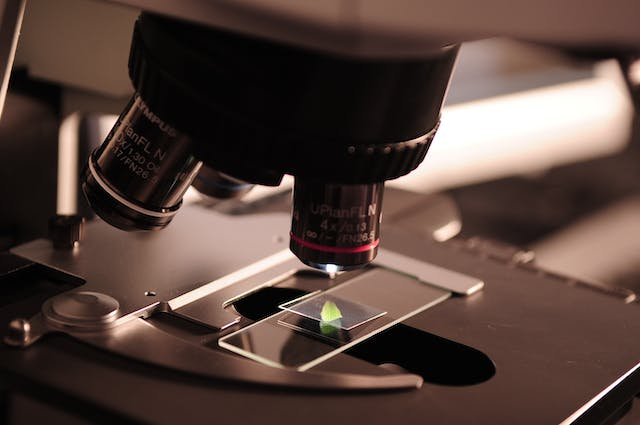
Photo by Pixabay via pexels 
Photo by Anthony via pexels -
Essay topic: Do the potential medical benefits of stem cell therapies outweigh the ethical concerns surrounding their use?
Answer:
Stem cell therapies offer hope for treating various illnesses, but ethical worries linger. This essay explores whether the potential health gains from these therapies are more significant than the ethical concerns. Striking a balance between medical progress and ethical considerations is crucial.
Stem cells possess the unique ability to transform into different cell types, holding promise for healing. Critics worry, though, about where these cells come from and the ethical implications. Some argue that using embryonic stem cells raises moral questions as it involves the destruction of potential life.
However, supporters highlight the immense medical benefits. Stem cell therapies could revolutionize treatments for diseases like Parkinson's or diabetes. These therapies might repair damaged tissues and improve the lives of many. Advocates propose careful guidelines to ensure ethical practices, emphasizing the importance of transparency and informed consent.
Moreover, some ethical concerns may lessen as technology advances. Scientists explore alternative sources for stem cells, sidestepping controversies. Ethical guidelines evolve with our understanding, promoting responsible research.In conclusion, the potential medical advantages of stem cell therapies hold great promise, but ethical worries persist. Striking a balance involves navigating the ethical landscape while recognizing the potential for groundbreaking treatments. As technology advances and ethical guidelines adapt, it becomes possible to harness the benefits of stem cell therapies responsibly. In the journey toward medical progress, fostering an open dialogue and maintaining ethical standards are key to unlocking the full potential of stem cell therapies for the betterment of healthcare.

Photo by Pavel Danilyuk via pexels 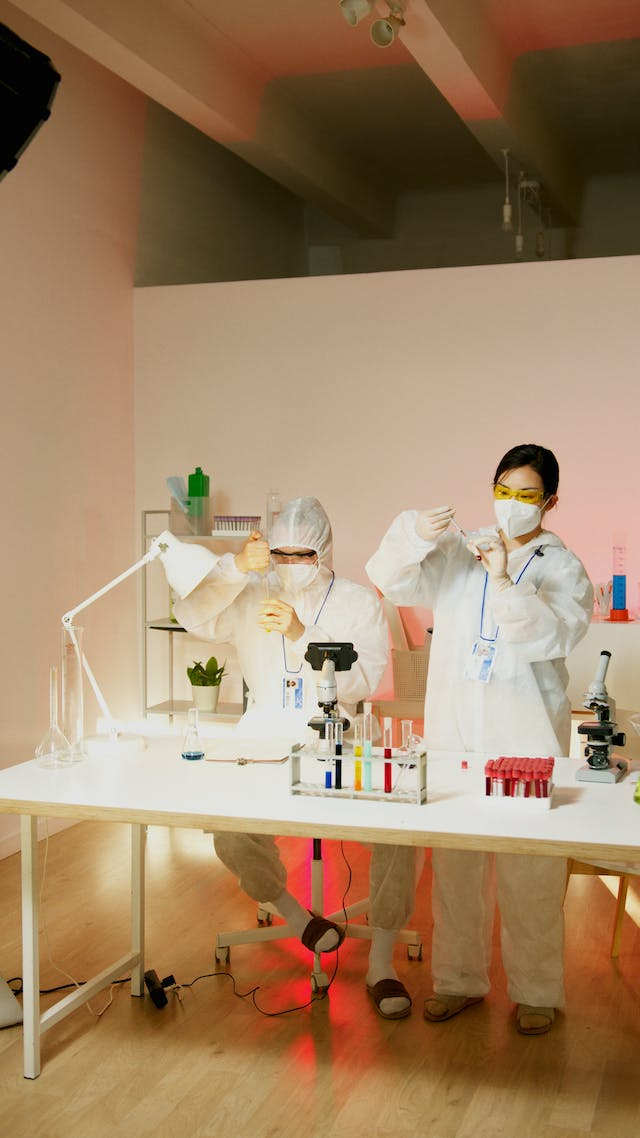
Photo by Artem Podrez via pexels -
Essay topic: Should governments increase funding for adult stem cell research over embryonic stem cell research?
Answer:
Governments face a critical decision on allocating funds for stem cell research. This essay explores whether prioritizing funding for adult stem cell research over embryonic stem cell research is a wise choice. Striking the right balance is essential to ensure progress in medical science while respecting ethical considerations.
Adult stem cells, found in various tissues, have shown promising potential for treating diseases without ethical concerns tied to embryonic sources. Increasing funding for adult stem cell research carries advantages, as these cells can be obtained from the patient's own body, minimizing risks of rejection.
On the other hand, embryonic stem cells, derived from early-stage embryos, offer versatility but raise ethical questions due to the destruction of potential life. Some argue that redirecting funds toward adult stem cell research is a more ethically sound approach, focusing on solutions that sidestep moral dilemmas.
Moreover, adult stem cell therapies have already shown success in treating conditions like leukemia and heart diseases. Expanding funding in this direction could lead to more immediate medical breakthroughs and practical applications.
However, proponents of embryonic stem cell research stress its potential to address a broader range of diseases and conditions. They argue that a balanced approach, maintaining funding for both types, is essential for comprehensive advancements in medical science.
In conclusion, the question of whether governments should increase funding for adult stem cell research over embryonic stem cell research involves weighing ethical considerations against potential medical breakthroughs. Prioritizing adult stem cell research seems pragmatic, given its successes and fewer ethical concerns. However, a nuanced approach that maintains funding for both avenues may be the key to unlocking the full spectrum of possibilities in advancing medical science and addressing diverse health challenges. Striking this balance ensures progress while upholding ethical standards in the dynamic field of stem cell research.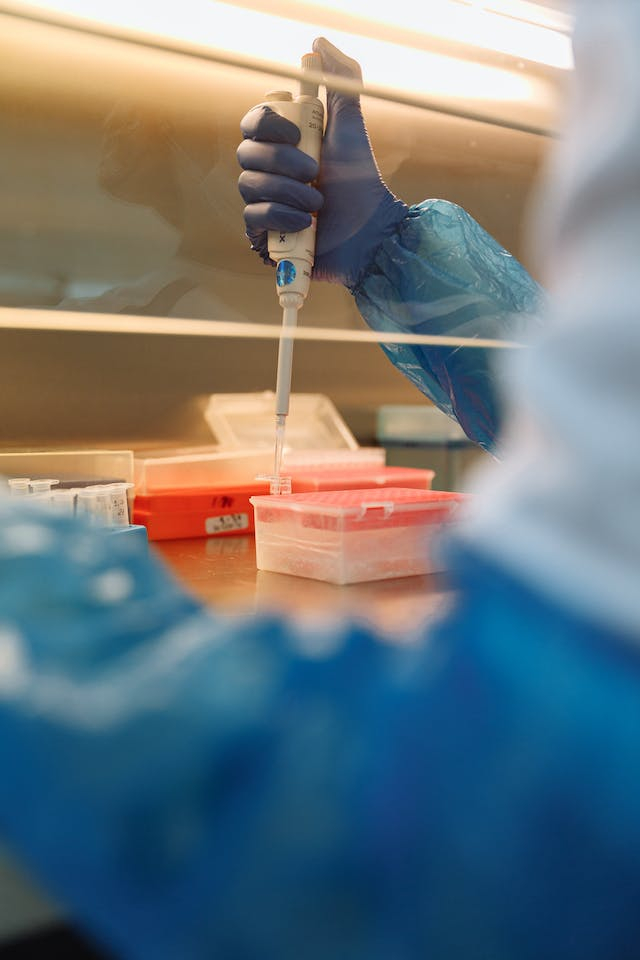
Photo by Thirdman via pexels 
Photo by Tima Miroshnichenko via pexels -
Essay topic: Is it morally justifiable to use gene editing techniques in stem cell research?
Answer:
The ethical landscape of stem cell research is evolving with the emergence of gene editing techniques. This essay explores the question of whether it is morally justifiable to employ gene editing in stem cell research. Navigating this ethical terrain requires careful consideration of potential benefits and concerns.
Gene editing in stem cell research offers unprecedented possibilities to treat genetic disorders and enhance therapeutic outcomes. However, ethical concerns arise regarding the manipulation of the human genome. Critics argue that tampering with genes may infringe upon the natural order and raise moral questions about playing "the role of nature".
On the other hand, proponents assert that gene editing can correct harmful genetic mutations, preventing the transmission of diseases to future generations. The potential to alleviate human suffering and improve lives through precise genetic modifications highlights the ethical justification for using gene editing in stem cell research.
Moreover, establishing clear guidelines and ethical frameworks becomes essential in ensuring responsible gene editing practices. Striking a balance between scientific progress and ethical considerations requires careful oversight, transparency, and adherence to moral principles.
In conclusion, the morality of using gene editing techniques in stem cell research hinges on the balance between potential benefits and ethical concerns. While concerns about "playing with nature" exist, the prospect of mitigating genetic diseases and improving human well-being offers a compelling moral justification. It is crucial to proceed with caution, establishing ethical guidelines that uphold the sanctity of life while harnessing the transformative potential of gene editing in advancing stem cell research. The ethical journey in this field involves a delicate dance between scientific innovation and moral responsibility, emphasizing the need for ongoing dialogue and ethical vigilance.
Photo by Edward Jenner via pexels 
Photo by Artem Podrez via pexels -
Essay topic: Should there be stricter regulations on the commercialization of stem cell therapies?
Answer:
The commercialization of stem cell therapies raises important questions about ethics and safety. This essay explores whether stricter regulations should be implemented to govern the commercialization of these therapies. Striking a balance between promoting accessibility and safeguarding public health is crucial in this evolving landscape.
Stem cell therapies hold tremendous promise in treating various medical conditions, but their commercialization brings forth concerns about ethical practices and patient safety. Without adequate regulations, there is a risk of unscrupulous practices, with clinics offering treatments that lack scientific validation.
Critics argue that stringent regulations are necessary to protect patients from potential harm and ensure that stem cell therapies meet rigorous scientific standards. Concerns about misleading claims, insufficient evidence, and unproven treatments emphasize the need for a regulatory framework that safeguards the well-being of patients.
On the other hand, some contend that overly strict regulations might stifle innovation and limit access to potentially beneficial treatments. Balancing the need for oversight with the promotion of advancements in stem cell therapies is essential to foster responsible commercialization.
Moreover, establishing clear guidelines can enhance transparency in the industry, ensuring that patients make informed decisions about their healthcare. Stricter regulations may involve requirements for rigorous clinical trials, evidence of efficacy, and transparent communication of potential risks and benefits.
In conclusion, the question of whether there should be stricter regulations on the commercialization of stem cell therapies revolves around finding a delicate balance between innovation and patient safety. While the potential benefits are vast, safeguarding the public requires measures to ensure the responsible development and delivery of these therapies. A well-crafted regulatory framework can foster a trustworthy and ethical environment in the commercialization of stem cell therapies, providing both access to innovations and protection for those seeking these potentially transformative treatments.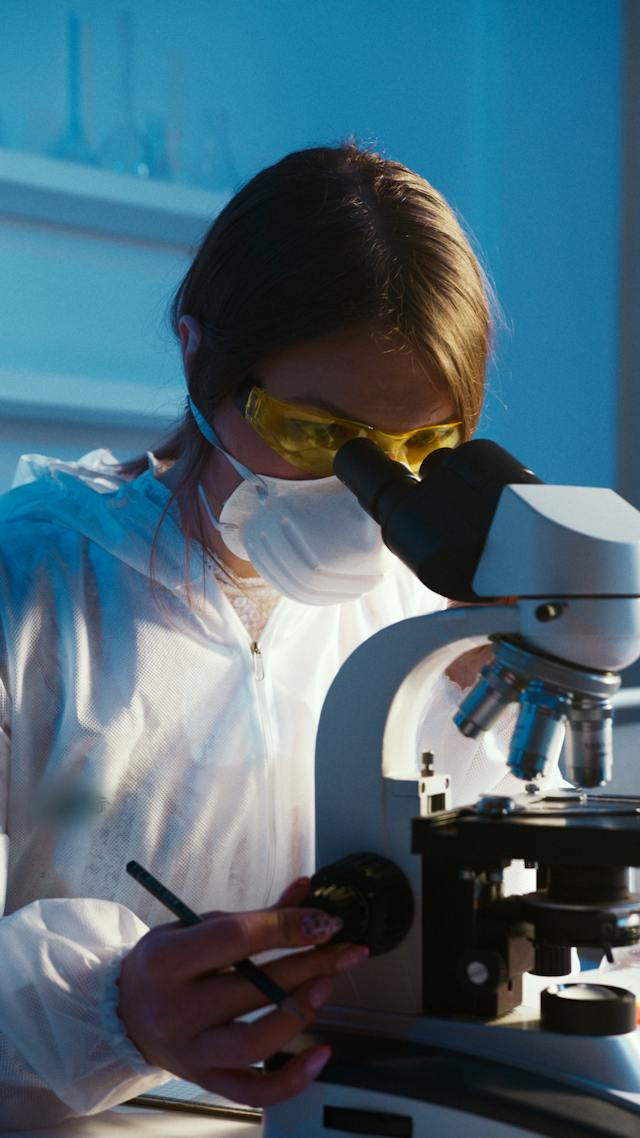
Photo by Artem Podrez via pexels 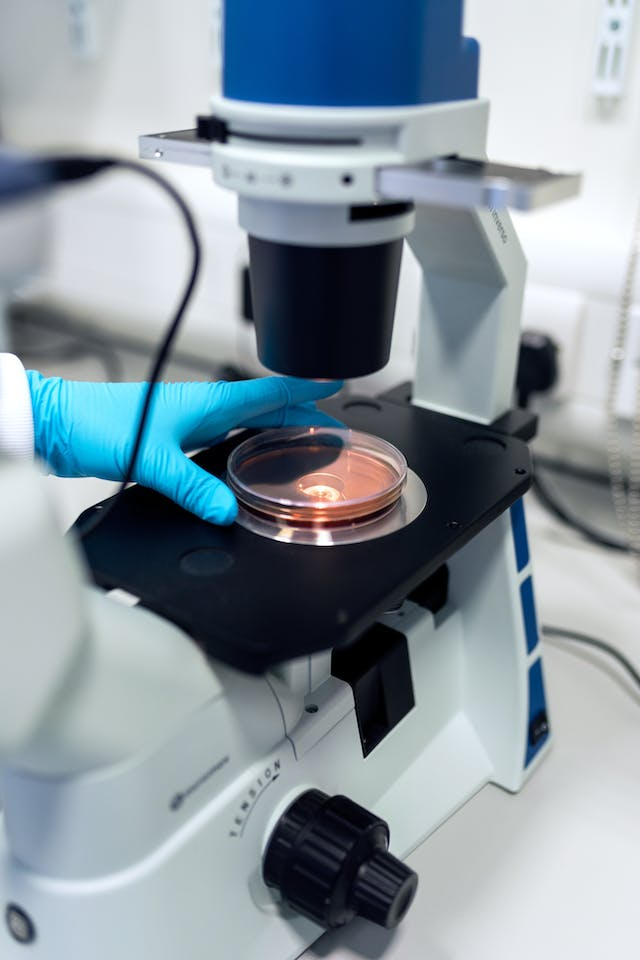
Photo by ThisIsEngineering via pexels -
Essay topic: Do stem cells hold the key to finding a cure for currently incurable diseases?
Answer:
Stem cells stand at the forefront of medical research, sparking hope for finding cures to diseases deemed incurable. This essay explores whether stem cells truly hold the key to unlocking solutions for conditions that currently lack definitive treatments, emphasizing their potential impact on healthcare.
Stem cells possess remarkable abilities to transform into various cell types, offering a unique potential for regenerating damaged tissues and organs. This versatility has fueled optimism about their role in addressing currently incurable diseases like Parkinson's, Alzheimer's, and certain types of cancers.
In the realm of regenerative medicine, stem cells show promise in replacing or repairing damaged cells, potentially reversing the course of degenerative conditions. For example, in neurological disorders, the ability of stem cells to differentiate into nerve cells holds hope for restoring lost function.
However, challenges persist. Ethical concerns, technical hurdles, and the need for rigorous scientific validation are part of the complex landscape surrounding stem cell research. Critics caution against exaggerated expectations, emphasizing the importance of careful research and clinical trials to ensure the safety and efficacy of potential treatments.
In conclusion, while stem cells offer immense potential, they are not a guaranteed panacea for currently incurable diseases. The key lies in navigating the complexities of research, balancing optimism with a realistic understanding of the challenges. Stem cells indeed hold significant promise and represent a crucial avenue for advancing medical breakthroughs. As research continues, a collaborative effort between scientists, ethical considerations, and ongoing clinical trials will determine the extent to which stem cells unlock the door to curing currently incurable diseases. The journey toward cures is ongoing, with stem cells playing a pivotal role in shaping the future of healthcare.
Photo by Polina Tankilevitch via pexels 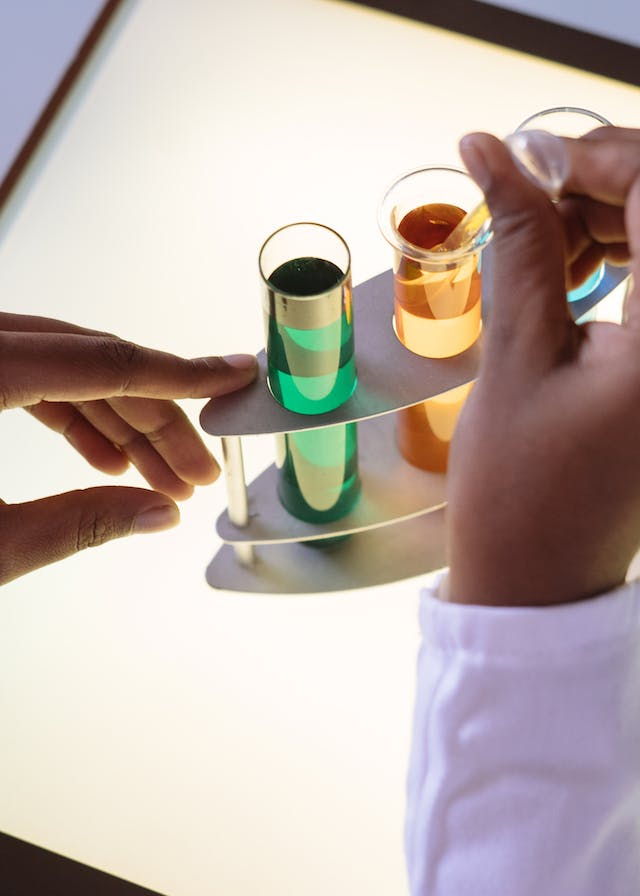
Photo by RF._.studio via pexels -
Essay topic: Should individuals have the right to choose or refuse stem cell treatments for themselves or their children?
Answer:
The question of whether individuals should have the right to choose or refuse stem cell treatments for themselves or their children raises important considerations about autonomy and medical decision-making. This essay explores the balance between personal choice and potential risks in the context of stem cell treatments.
The right to choose or refuse medical treatments, including stem cell therapies, is grounded in the principle of individual autonomy. Advocates argue that individuals, as the primary decision-makers for their health, should have the freedom to explore and opt for stem cell treatments if they believe it may bring potential benefits. This autonomy extends to parents making decisions for their children.
However, concerns arise regarding the safety and efficacy of certain stem cell treatments. Without proper regulation and oversight, there is a risk of individuals being exposed to unproven or potentially harmful therapies. Critics stress the need for clear guidelines to protect vulnerable individuals, especially children, from undue risks associated with unverified treatments.
Striking a balance involves empowering individuals with the right to make informed decisions while implementing safeguards to prevent exploitation or harm. Robust regulations can ensure that information about the risks and benefits of stem cell treatments is transparently communicated, enabling individuals to make choices aligned with their best interests.
In conclusion, the right of individuals to choose or refuse stem cell treatments for themselves or their children reflects the principles of autonomy and personal agency in healthcare decisions. While acknowledging this right, it is crucial to establish responsible regulations that protect against potential risks and ensure that choices are informed and based on credible scientific evidence. The ethical path forward involves empowering individuals with autonomy while implementing safeguards to navigate the dynamic landscape of stem cell treatments responsibly.
Photo by Martin Lopez via pexels 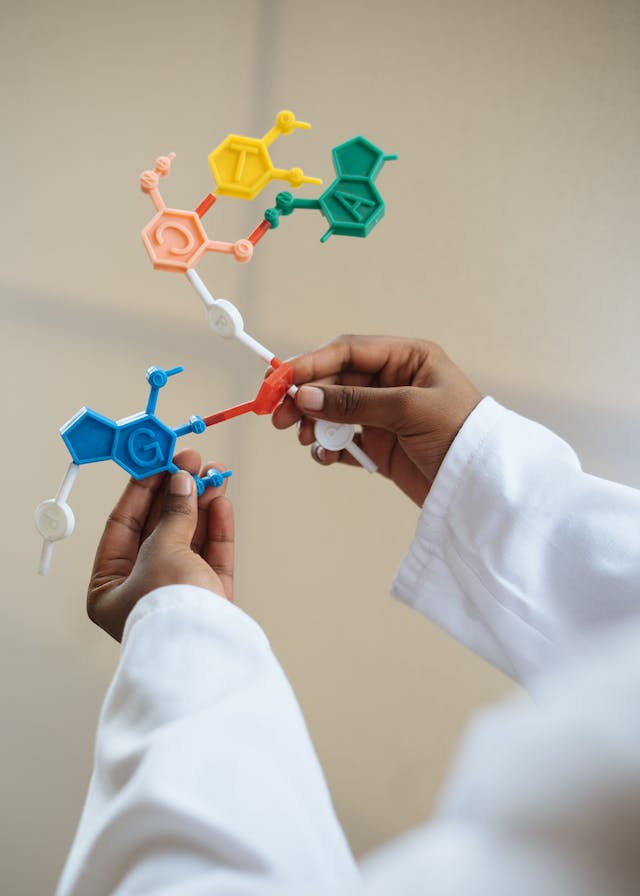
Photo by RF._.studio via pexels -
Essay topic: Is the use of stem cells in cosmetic procedures ethical or should it be restricted?
Answer:
Using stem cells to make people look better raises questions about what's right or wrong. This essay looks at whether it's okay to use stem cells in cosmetic procedures or if there should be rules to limit it. We'll think about the good things and the ethical worries.
Stem cells, which can help fix and renew things in the body, are now part of cosmetic procedures. Some say it's good because it can make people look younger and better for a longer time. They believe using the body's own power to make changes is a smart idea.
But, some people think using stem cells for looks isn't the best use of science. They say we should focus on fixing health problems first before making changes just for appearance. It's a debate about where we should put our efforts – in making people healthier or making them look prettier.
Being honest and telling people exactly what's going on is super important. People who want cosmetic procedures need to know the facts and possible risks. Making sure everyone understands what's happening is part of using stem cells in the right way.
In the end, using stem cells to enhance looks is a tricky topic. Some like the idea of looking better using the body's own power, but others say we should focus on more important health issues. Finding a balance means being honest about what stem cells can and can't do, and making sure we use them in a way that respects both beauty and ethics.
Photo by Chokniti Khongchum via pexels 
Photo by Chokniti Khongchum via pexels -
Essay topic: How can we strike a balance between encouraging scientific progress in stem cell research and respecting moral boundaries?
Answer:
Finding the right balance between pushing forward in stem cell research and staying within moral limits is crucial. This essay explores ways to encourage scientific progress while ensuring we respect ethical boundaries in stem cell research.
Stem cell research holds incredible potential for treating diseases and improving lives. Encouraging scientific progress means supporting research efforts, providing funding, and fostering collaboration among scientists. However, we must be mindful of moral boundaries, especially when it comes to sensitive issues like using embryonic stem cells.
One way to strike this balance is by promoting ethical guidelines. Establishing clear rules ensures that researchers follow ethical standards, protecting the dignity of life and avoiding controversial practices. These guidelines can outline the acceptable sources of stem cells and the principles that researchers should follow throughout their work.
Public dialogue and awareness are also essential. By involving the community and raising awareness about the goals and ethical considerations of stem cell research, we create an environment where scientific progress aligns with societal values. Open discussions can help shape regulations and ensure that research respects moral boundaries.
Moreover, supporting alternative methods is crucial. Researchers can explore using adult stem cells or induced pluripotent stem cells, which do not involve ethical concerns associated with embryonic stem cells. Prioritizing these sources can help advance scientific knowledge while avoiding moral conflicts.
In conclusion, striking a balance between encouraging scientific progress in stem cell research and respecting moral boundaries requires a thoughtful approach. By implementing ethical guidelines, fostering public awareness, and supporting alternative methods, we can ensure that scientific advancements align with moral values. It's a collaborative effort involving scientists, policymakers, and the public to navigate the path of progress responsibly and ethically in the dynamic field of stem cell research.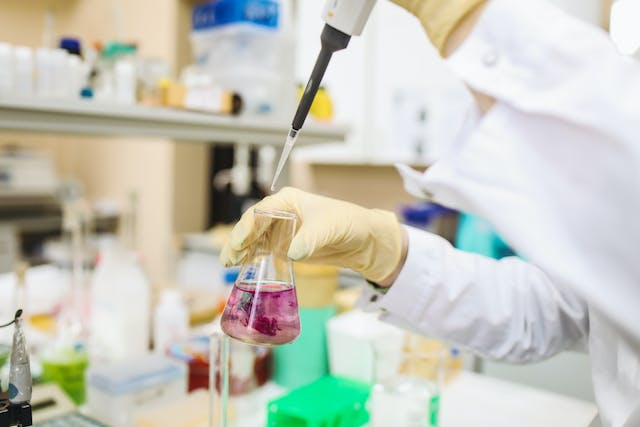
Photo by Polina Tankilevitch via pexels 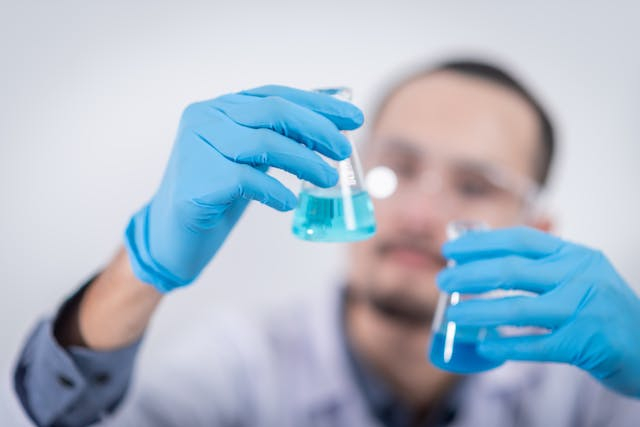
Photo by Chokniti Khongchum via pexels -
Essay topic: Should there be international agreements to standardize ethical guidelines for stem cell research?
Answer:
The ethical landscape of stem cell research varies across countries, raising questions about the need for international agreements. This essay explores whether there should be global standards to guide ethical practices in stem cell research, considering the benefits of collaboration and the challenges of diverse ethical frameworks.
Stem cell research holds great promise for medical breakthroughs, but differing ethical standards worldwide create a complex scenario. International agreements to standardize ethical guidelines can provide a common framework, promoting consistency and cooperation among nations.
Collaboration becomes more effective when everyone follows similar ethical rules. Standardizing guidelines ensures that researchers worldwide adhere to common principles, promoting transparency, and creating a level playing field for scientific advancements. This can prevent scenarios where one country's lenient ethical standards may lead to controversial practices that affect the global scientific community.
However, challenges exist in balancing diverse cultural and ethical perspectives. Some argue that imposing uniform guidelines might disregard cultural differences and limit the flexibility needed for responsible research. Striking a balance involves creating guidelines broad enough to accommodate various ethical viewpoints while ensuring a baseline of principles that protect human dignity and uphold research integrity.
Moreover, international agreements can facilitate information sharing and coordinated efforts. With standardized ethical guidelines, researchers from different countries can collaborate more seamlessly, accelerating progress and fostering a collective approach to addressing global health challenges.
In conclusion, the question of whether there should be international agreements to standardize ethical guidelines for stem cell research involves finding a middle ground. While respecting cultural differences, creating a common ethical framework can enhance collaboration and ensure responsible research practices on a global scale. The journey toward ethical standardization is a collaborative effort, emphasizing the importance of shared principles in navigating the evolving landscape of stem cell research worldwide.
Photo by Edward Jenner via pexels 
Photo by Chokniti Khongchum via pexels































